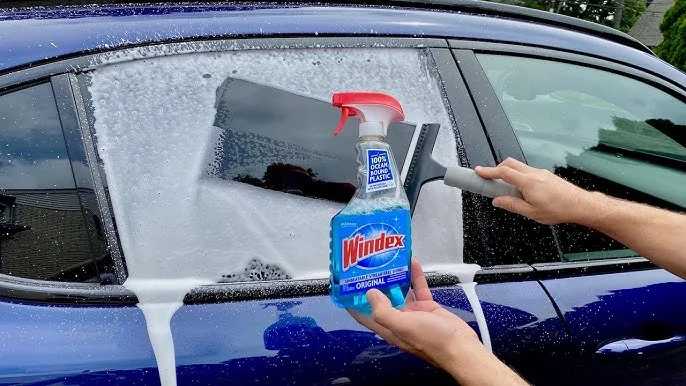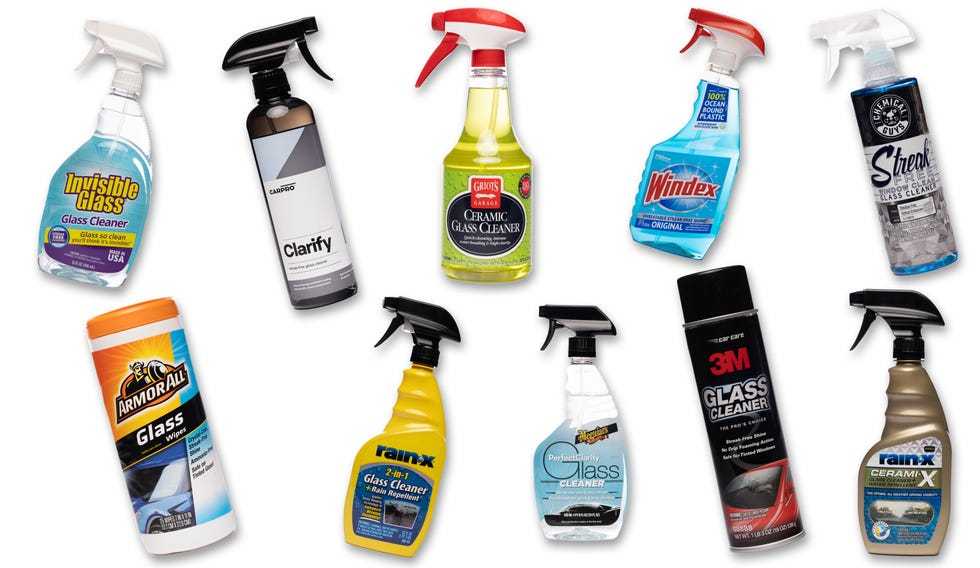Tinting your car windows might seem like a great way to enhance privacy and reduce glare, but it comes with some notable drawbacks. The main disadvantages include potential legal issues, reduced visibility at night, and possible damage to the windows over time. These factors can affect your safety and the longevity of your vehicle’s window system.
In summary, while window tinting can look stylish and offer comfort during sunny days, it’s important to weigh the cons such as legal restrictions, compromised nighttime vision, and possible window damage. Understanding these disadvantages can help you make an informed decision and avoid future inconveniences or legal problems.
Car window tinting is a popular choice among vehicle owners looking to add style and protect themselves from the sun’s harsh rays. However, it’s not without its downsides. For one, improper or illegal tinting can lead to hefty fines or trouble with law enforcement. Additionally, darkened windows can significantly impair your visibility during nighttime driving, increasing the risk of accidents. Over time, poor quality tint films may also cause the windows to peel or bubble, leading to costly repairs. Before deciding to tint your car windows, it’s essential to consider these potential disadvantages to ensure you enjoy the benefits without facing unnecessary risks or complications.
Disadvantages of Tinting Car Windows
1. Reduced Visibility and Safety Concerns
Tinted windows can make it harder to see clearly, especially at night or in poor weather conditions. This reduced visibility can increase the risk of accidents because drivers may not spot pedestrians, animals, or other vehicles promptly. Furthermore, heavily tinted windows can impair peripheral vision, making lane changes or turns more dangerous.
2. Legal Restrictions and Potential Fines
Many regions have laws regulating the level of tint allowed on vehicle windows. Failing to comply can result in fines, penalties, or even being asked to remove the tint. It’s essential to check local regulations before tinting your car windows to avoid legal issues.
3. Difficulties in Emergency Situations
In case of accidents, tinted windows can pose a challenge for rescue teams. They may have trouble seeing inside the vehicle to assess injuries or hazards. Additionally, tinted windows can complicate immediate rescue efforts, such as breaking glass or extricating passengers safely.
4. Potential for Poor Quality or Improper Tinting
Not all tinting films are created equal. A poorly applied or cheap tint can peel, bubble, or fade quickly. These issues not only look unattractive but can also compromise your window’s clarity and safety over time. Professional installation is needed, adding to the cost and complexity.
5. Reduced Effectiveness of Rear and Sideview Mirrors
Tinted windows can sometimes create glare or reflections that interfere with your ability to use mirrors effectively. This can make parking, lane changing, and reversing more difficult, especially in bright sunlight or under streetlights at night.
6. Obstruction of Security and Privacy
While tinting offers privacy, in some cases it might also hinder the view of other drivers or pedestrians, leading to misunderstandings or unsafe situations. Additionally, heavily tinted windows might tempt thieves by hiding valuables inside the vehicle, increasing the risk of break-ins.
7. Increased Maintenance and Cleaning Difficulties
Tinted windows can attract dust, water spots, and smudges more visibly. Cleaning them requires special care to avoid scratching or damaging the film. Regular cleaning is necessary to maintain clarity and prevent the buildup of grime, which can be more challenging than cleaning untinted glass.
8. Potential Damage to Windows and Tint
Improper installation or exposure to extreme heat and sunlight can cause the tint film to peel or bubble over time. In some cases, poor-quality films can even cause the glass to crack or weaken, leading to costly repairs or replacements.
9. Limitations for Certain Vehicles and Uses
Some types of vehicles, such as commercial trucks or emergency vehicles, have strict regulations that prohibit tinting or limit its darkness. Tinting in these cases may lead to legal complications or limit the vehicle’s functionality.
10. Impact on Resale Value
Heavily tinted windows may reduce a vehicle’s resale value because potential buyers may see it as a hassle or a sign of poor maintenance. Some buyers prefer vehicles with clear, untinted windows, considering this a safety or aesthetic concern.
Additional Factors to Consider
| Factor | Details |
|---|---|
| Heat Rejection | While tint can block some heat, certain films may not be effective enough to significantly cool the interior, especially if incorrectly installed. |
| UV Protection | High-quality tints offer UV protection, but cheaper films might provide limited shielding, reducing the benefits of tinting. |
| Cost Implications | Good quality tinting can be expensive, especially with professional installation, adding to overall vehicle maintenance costs. |
| Impact on Insurance | Some insurance providers may view tinted windows as a risk factor, potentially affecting coverage or premiums. |
Related Topics: Alternatives and Considerations
- Window Coverings: Consider shades or removable films if you want temporary privacy or sun protection.
- Motor Vehicle Regulations: Always stay updated on local laws to avoid legal issues related to window tinting.
- Environmental Impact: Using eco-friendly tinting options can reduce the environmental footprint of your vehicle modifications.
While tinting car windows offers benefits like privacy and UV protection, the disadvantages should not be overlooked. Safety concerns, legal restrictions, maintenance issues, and potential damage are important factors to consider. Carefully weigh these disadvantages before deciding to tint your vehicle’s windows to make an informed choice that best suits your needs and complies with local regulations.
How to Choose the RIGHT Window Tint | Don't Make A Mistake
Frequently Asked Questions
Can tinted windows affect night driving visibility?
Tinted windows can reduce the amount of light entering your vehicle, which may make it harder to see clearly during nighttime or in low-light conditions. This decreased visibility can increase the risk of accidents, especially when navigating poorly lit roads or encountering obstacles that are harder to spot through tinted glass.
How might tinting car windows impact emergency situations?
In emergencies, tinted windows can hinder quick identification of occupants inside the vehicle or prevent rescuers from seeing inside easily. This can delay assistance or complicate rescue efforts, particularly if clear communication or assessment of injuries is necessary.
Are there legal restrictions on tint darkness in some areas?
Many regions enforce regulations on the permissible darkness level of car window tints. Violating these laws can lead to fines, vehicle inspection issues, or the need to remove or replace the tint. Always check local regulations before applying tinting to avoid legal complications.
Does window tinting affect the clarity of the glass or cause any visual distortions?
Some tinted films may introduce slight distortions or reduce clarity, especially if of lower quality or improperly installed. This can impact the driver’s perception of the environment, which might compromise safety and overall driving experience.
Can tinting interfere with electronic signals or device operation?
Certain types of window tinting, particularly metallic films, can interfere with electronic signals such as GPS, cell phones, or radio reception. This interference can cause disruptions or weaken signal strength, affecting communication and navigation features inside the vehicle.
Final Thoughts
Les inconvénients du tinting des fenêtres de voiture incluent une visibilité réduite, surtout la nuit, ce qui peut compromettre la sécurité. De plus, certains états imposent des réglementations strictes, rendant le processus coûteux ou illégal. La décoloration ou la perte d’adhérence du film peuvent aussi se produire avec le temps. En conclusion, les inconvénients du tinting car windows doivent être soigneusement évalués pour prendre une décision éclairée.



